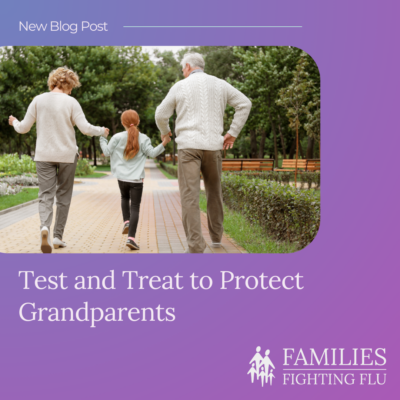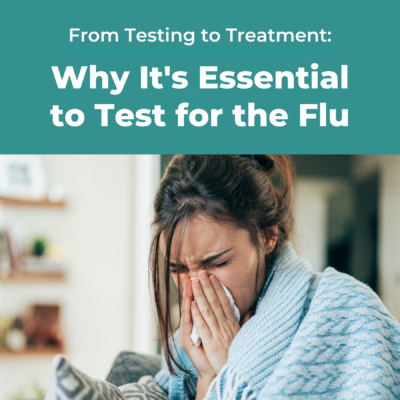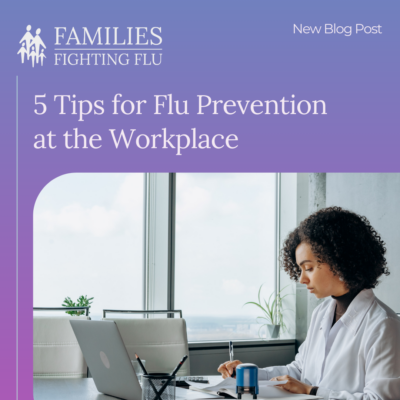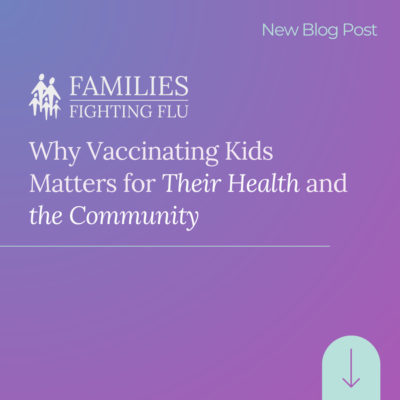
- Flu Prevention
From Testing to Treatment: Why Flu Testing is Essential

How many times have you heard someone say, “oh, it’s probably just the flu” after feeling sick? The truth is, the flu is an incredibly serious illness that causes hundreds of thousands of hospitalizations and tens of thousands of deaths each year in the U.S. alone. In fact, young and even healthy individuals can have serious complications from the flu. It is one of the deadliest vaccine-preventable diseases in our country.
The flu is a highly contagious viral infection of the respiratory tract and needs to be diagnosed and treated quickly. Testing for the flu is simple and quick and should be done at the first sign of symptoms. If you are positive for flu and have been around people at high risk of flu complications, it is necessary to inform them of possible exposure because, if they get sick, they know to seek out testing and treatment immediately.
According to the CDC, flu symptoms can range from fever, cough, sore throat, runny or stuffy nose, body aches, headache, chills, and/or fatigue. Some people may have vomiting and diarrhea, though this is more common in children. You can also experience respiratory symptoms without a fever. Flu symptoms can look like many other illnesses and testing is the only way to know for certain. Because these symptoms can vary widely from person to person, the best line of defense (after being vaccinated, of course), is to get tested.
When you first start to feel symptoms, call your healthcare provider and ask to be tested for the flu. There are many types of flu tests with the most common being a rapid diagnostic test. After a quick nasal or throat swab, you will get results in about 10 minutes. There are other types of tests, too, but you can determine the best type for you with your provider during your visit.
If you test positive for the flu, you can discuss potential flu treatments such as antiviral medications if prescribed. Antiviral medications help prevent the risk of flu complications – including hospitalization and death. Please remember to avoid close contact with other people and stay home if you can. If you need to leave your home or be in contact with others, wear a mask to prevent the spread of disease.
If you test negative (but are still symptomatic), consider other tests to rule out other serious illnesses, and talk to your doctor about how to treat your symptoms. Advocating for your health is essential to stay safe this flu season.
For more information and resources, visit the CDC’s website at the links below:
https://www.cdc.gov/flu/symptoms/testing.htm
https://www.cdc.gov/flu/professionals/diagnosis/overview-testing-methods.htm


